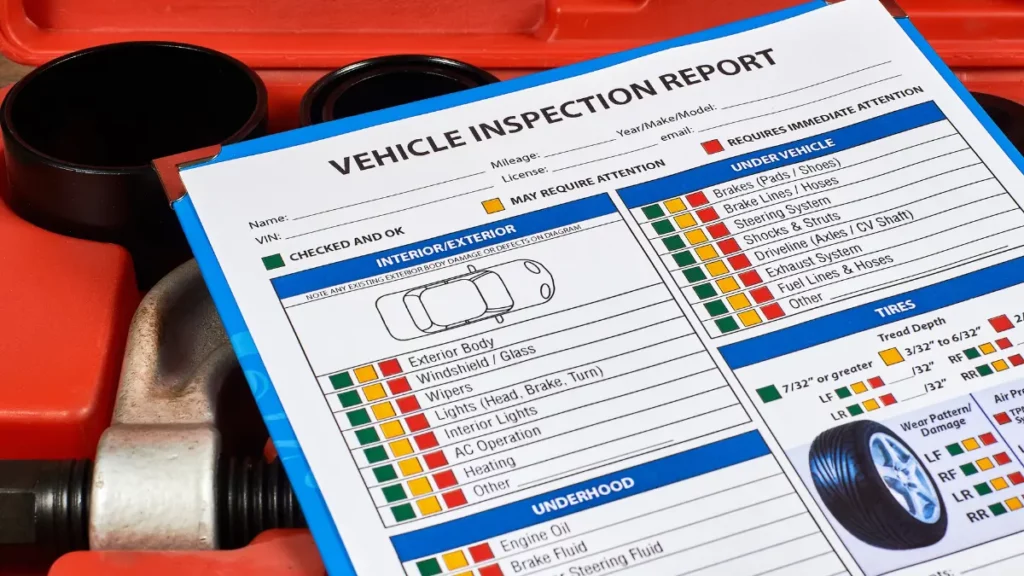Planning a trip to Florida involves more than just booking accommodations and packing sunscreen. Familiarizing yourself with Florida’s travel and transportation laws is essential to ensure a smooth and enjoyable experience. From road regulations to public transportation guidelines, here’s what you need to know before you hit the road in the Sunshine State.
1. Roadway Regulations:
Driving in Florida comes with its own set of rules and regulations. Familiarize yourself with speed limits, seat belt laws, and rules regarding cellphone use while driving. Remember that Florida operates under a no-fault car insurance system, which impacts how accidents are handled, and insurance claims are processed.
2. Vehicle Registration and Inspections:
If you’re bringing your own vehicle to Florida, make sure it complies with the state’s registration and inspection requirements. Ensure your vehicle’s registration is up to date and that it passes any required safety inspections. Failure to comply with these regulations could result in fines or penalties.

3. Public Transportation Etiquette:
If you plan to use public transportation during your stay, be mindful of etiquette and rules. Respect designated seating areas for elderly and disabled passengers on buses and trains. Follow instructions from transit staff and be prepared to pay fares or tap your transit card when boarding.
4. Bicycle and Pedestrian Safety:
Florida boasts many pedestrian-friendly areas and scenic biking trails. As a cyclist or pedestrian, familiarize yourself with traffic laws and safety guidelines. Use designated bike lanes when available, obey traffic signals, and always yield to pedestrians at crosswalks.
5. Legal Resources and Assistance:
In the event that you encounter legal issues or require assistance while traveling in Florida, know where to turn for help. Research local law firms and personal injury lawyers in Bradenton, Florida specializing in travel-related matters, and keep contact information for legal resources handy in case of emergencies or unforeseen circumstances.
6. Boating Regulations:
With its extensive coastline and numerous waterways, Florida is a haven for boating enthusiasts. Before hitting the water, understand the state’s boating regulations, including required safety equipment, speed limits in certain zones, and rules regarding alcohol consumption while operating a vessel.

7. Wildlife Protection Laws:
Florida is home to diverse wildlife, including protected species such as manatees and sea turtles. Familiarize yourself with laws and regulations aimed at protecting these animals and their habitats. Avoid disturbing nesting sites, adhere to fishing regulations, and never feed wild animals.
8. Airport Security Protocols:
If you’re flying into or out of Florida, be prepared to navigate airport security protocols. Follow Transportation Security Administration (TSA) guidelines regarding prohibited items, liquids, and electronics. Arrive at the airport with ample time to clear security checkpoints and board your flight.
9. Environmental Conservation Efforts:
Florida’s natural beauty is a precious resource that must be preserved for future generations to enjoy. Support environmental conservation efforts by practising responsible tourism habits, such as minimizing waste, respecting wildlife habitats, and participating in beach clean-up initiatives.
10. Emergency Preparedness:
While no one plans for emergencies, it’s essential to be prepared for unexpected situations. Familiarize yourself with emergency evacuation routes, know how to contact local authorities in case of emergencies, and carry essential supplies such as water, snacks, and a first-aid kit when travelling.
By understanding and adhering to Florida’s travel and transportation laws, you can enjoy a safe and memorable experience exploring all that the Sunshine State has to offer. Whether you’re cruising down the highway, soaking up the sun on the beach, or embarking on a scenic boat ride, knowing the rules of the road ensures a smooth journey from start to finish.

